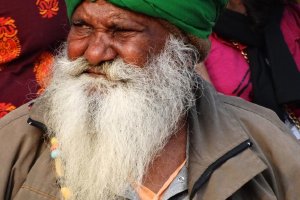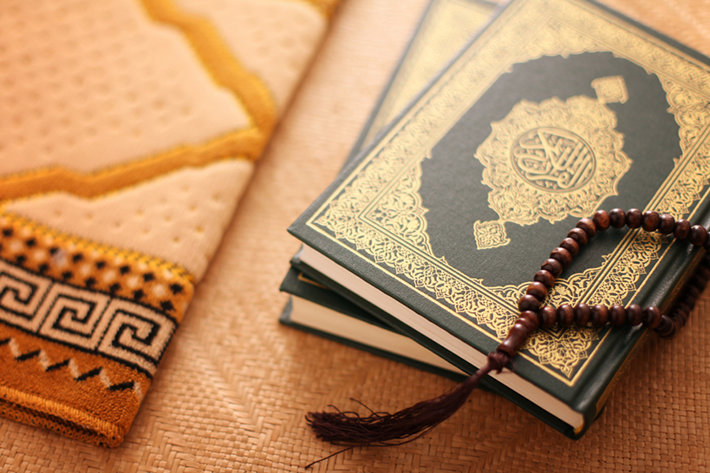Mosques and community groups in Tennessee helped hundreds of Afghan refugees practice their religious customs and regain their sense of belonging during their first observance in the U.S. of the Islamic holy month of Ramadan.

Even before the annual celebration began, during which observant Muslims fast from dawn to dusk and focus on their spiritual growth, life was tough for the 640 Afghans who began resettling in the state in November 2021 following the withdrawal of the U.S. military from Afghanistan.
Some 84 percent of them live in the Middle Tennessee Region, which includes Nashville, the state’s capital and most populous city. As if being thousands of miles away from their homeland isn’t hard enough, many of the refugees have trouble finding a mosque nearby.
“This is a strange and different Ramadan for a number of reasons,” said Masood Sidiqyar in an article in the Tennessean. An Afghan refugee who emigrated in 1988, Sidiqyar is an outreach coordinator at the Islamic Center of Nashville. “It’s strange in that they are in a foreign land and it’s very different here.”
“It’s different from back home,” said Nawzad Hawrami, vice president of the Salahadeen Center, a Nashville-based mosque that, along with the Islamic Center of Nashville, is part of a network of local Muslim community groups that has been at the forefront of drives to support Afghan refugees during Ramadan.
Before leaving their country, their mosques were “very close to their houses—they could just walk to it in one or two minutes,” said Hawrami, “and they talk in their languages.”
Those who happen to live close to the Salahadeen Center have the convenience of walking to the mosque for prayers. Others need help from mosque members to commute to the center.
There were other logistical issues, such as finding affordable food for Iftar, the daily meal after sunset for breaking the Ramadan fast. Some refugees have trouble locating stores to buy essential items such as halal food.
The Islamic Center of Nashville distributed meals for Afghan families during Ramadan and the Eid Al-Fitr festival at the end of the monthlong observance, through a partnership with local organizations, such as the American Muslim Advisory Council, Nashville Afghan Association and Tennessee Resettlement Aid.
_______________
From its beginnings, the Church of Scientology has recognized that freedom of religion is a fundamental human right. In a world where conflicts are often traceable to intolerance of others’ religious beliefs and practices, the Church has, for more than 50 years, made the preservation of religious liberty an overriding concern.
The Church publishes this blog to help create a better understanding of the freedom of religion and belief and provide news on religious freedom and issues affecting this freedom around the world.
The Founder of the Scientology religion is L. Ron Hubbard and Mr. David Miscavige is the religion’s ecclesiastical leader.
For more information visit the Scientology website or Scientology Network.


